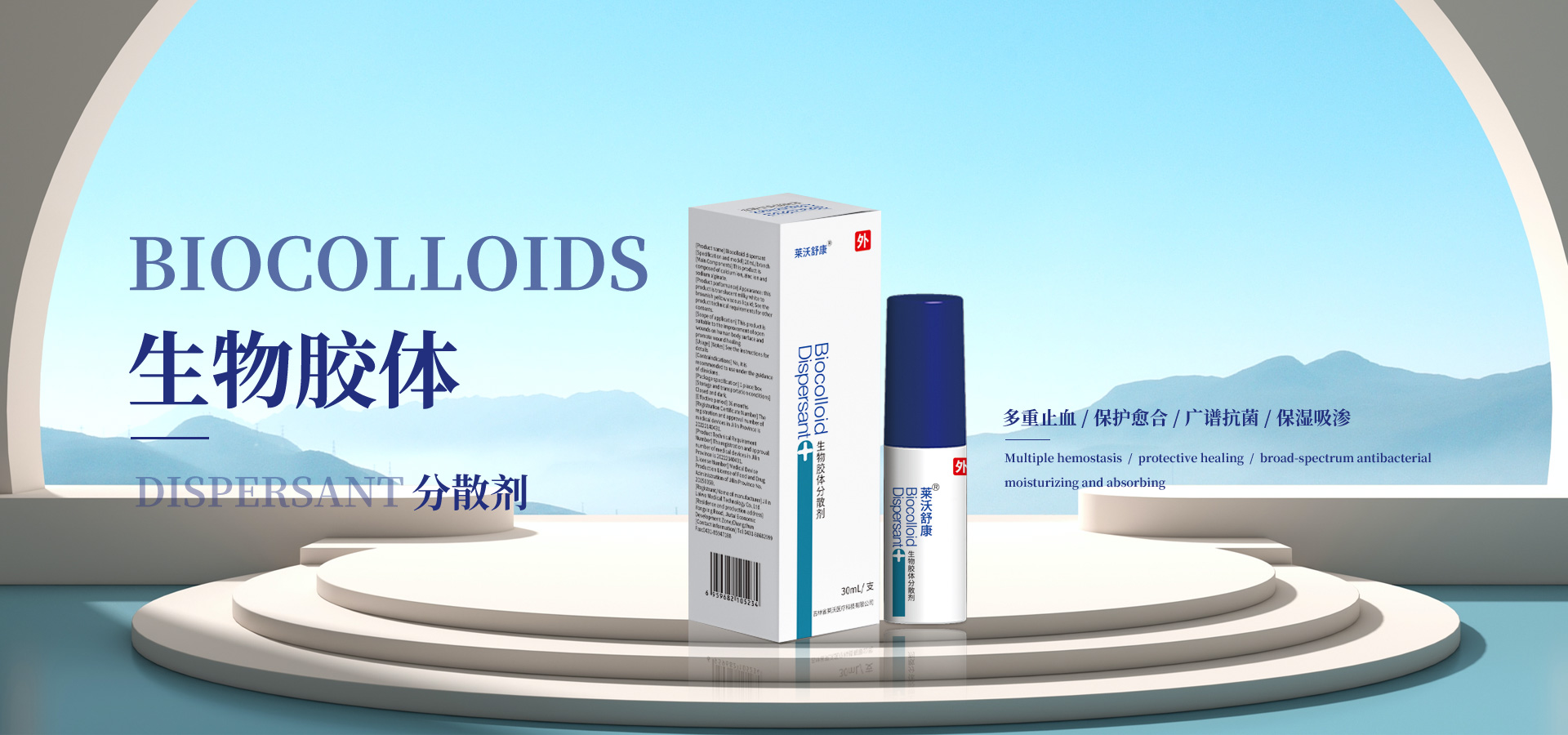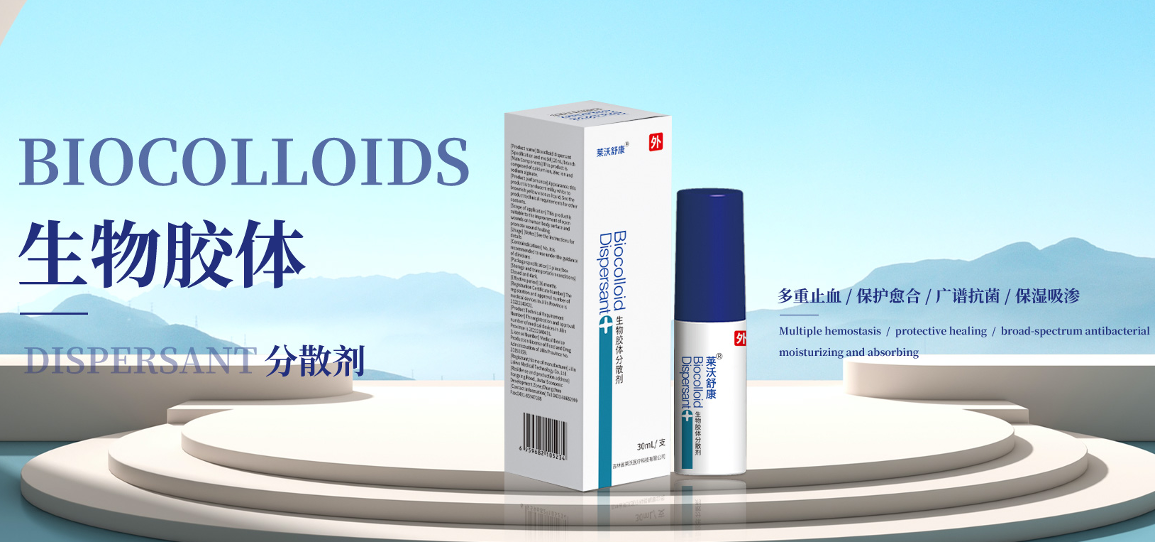【Lai Wo Medical: Knowledge Sharing 】Don't let air conditioning become an accomplice to rhinitis! How many of these misconceptions have you fallen into?
Publish Date: 2025/7/1
The recent "sauna days" have been ongoing, and going out every day feels like entering a "sweat steam room". Clothes are instantly soaked in sweat and sticking to the body, which is really uncomfortable. Returning indoors, air conditioning becomes our 'life-saving straw'. But if it's not used properly, it's very likely to cause our noses to suffer.
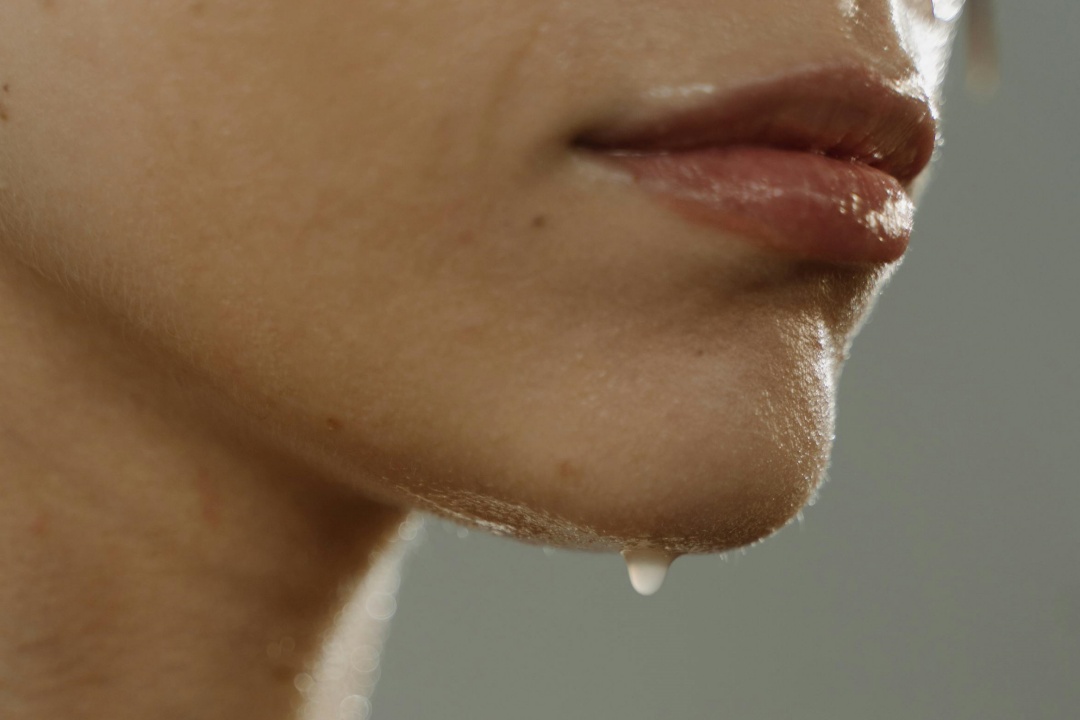
The lower the air conditioning temperature, the better?
Many people like to set the temperature of the air conditioner to the lowest as soon as they enter the house, thinking that it can quickly cool down and blow cool and comfortable. However, this practice is simply a "disaster" for friends with rhinitis. When the temperature drops too low instantly, the blood vessels in the nasal cavity will be stimulated and contract, leading to poor blood circulation and decreased defense function. In this way, the nose is more susceptible to the invasion of external allergens, which can cause discomfort symptoms such as nasal congestion, runny nose, and sneezing. Moreover, prolonged exposure to low temperatures can slow down the body's metabolism, weaken the immune system, and make it easier for rhinitis to come knocking on the door.

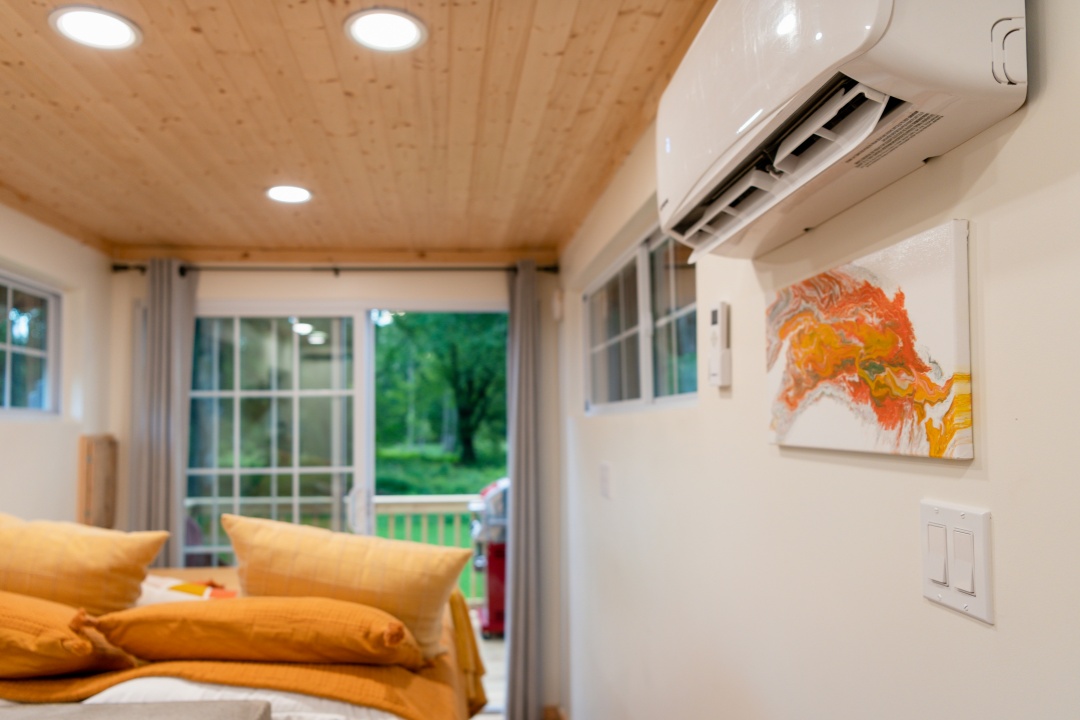
Suggestion: It is advisable to set the air conditioning temperature between 24 ℃ and 28 ℃. This temperature ensures a cool and comfortable indoor environment without causing excessive irritation to the nasal cavity.

Does the air conditioner need to be washed every year?
Many people think that air conditioners were just cleaned last year and can continue to be used this year, while others believe that as long as the air conditioner can cool normally, there is no need to clean it every year. Little do they know, during use, a large amount of harmful substances such as dust, bacteria, mites, etc. will accumulate. If not cleaned in time, these dirty things will be blown into the indoor air by the air conditioning, which will stimulate the nasal mucosa and cause allergic reactions.
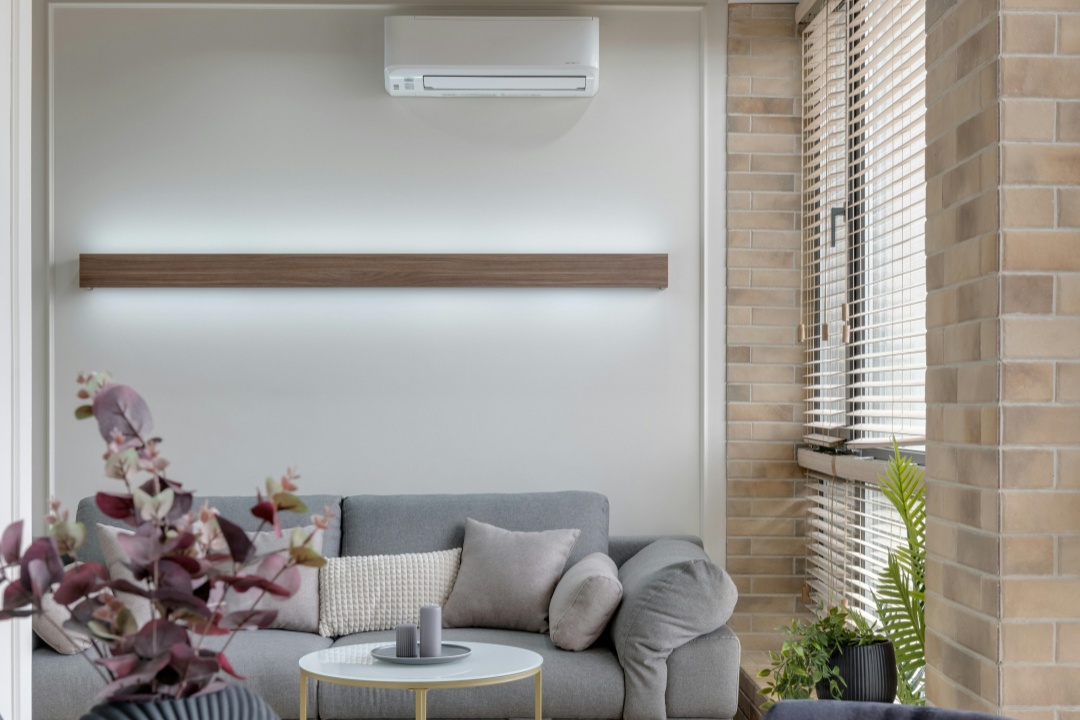
Suggestion: Before using the air conditioner every year, it is necessary to thoroughly clean it. You can hire a professional air conditioner cleaner or purchase your own air conditioner cleaner and follow the steps in the manual for cleaning.

Not opening the window is cleaner and more energy-efficient
In order to save electricity and keep indoors cool, many people like to close doors and windows and turn on air conditioning, allowing it to operate in a closed state. However, this can lead to poor indoor air circulation, increased carbon dioxide concentration, reduced oxygen content, and the inability to discharge pollutants such as dust, bacteria, mites, etc. in air-conditioned rooms, which will continue to accumulate. Long term exposure to such an environment can easily trigger or worsen rhinitis.
Suggestion: Open windows for ventilation at least 2-3 times a day, for 15-30 minutes each time, to keep the indoor air fresh. When using air conditioning, it is also possible to adjust it to ventilation mode appropriately to allow for some air circulation.
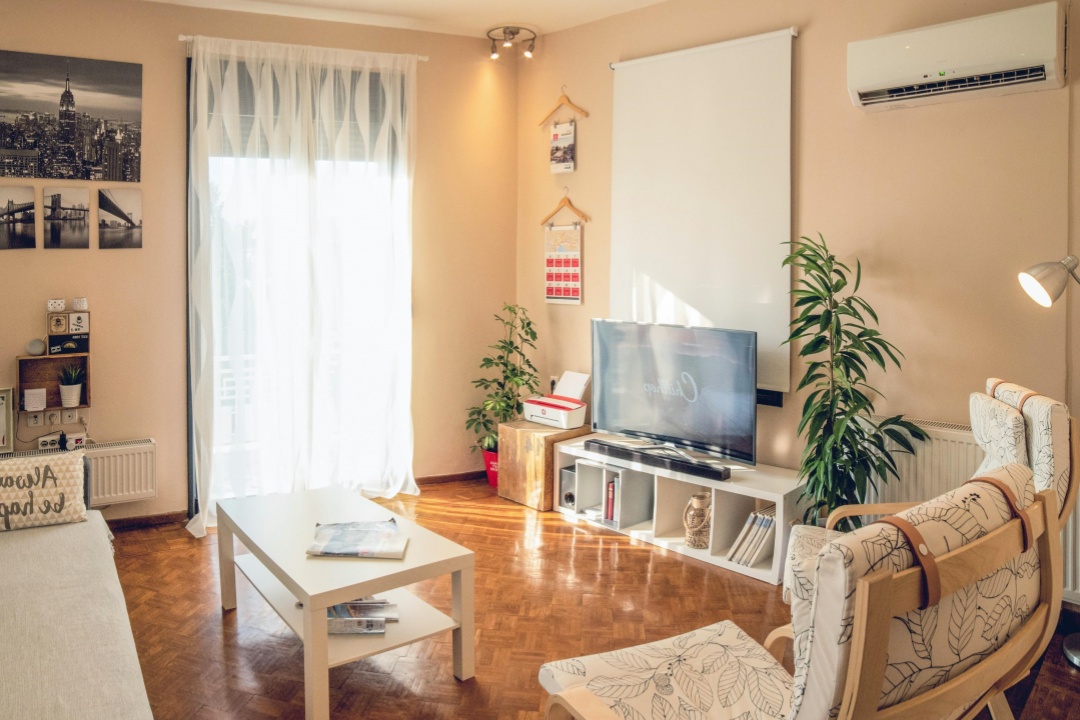
Laiwo Medical Tips: The purpose of blowing air conditioners in summer is to enjoy a comfortable life, but we should also pay attention to scientific use, especially for patients with rhinitis. We should pay more attention to the potential hazards of air conditioners and take protective measures. If necessary, we can prepare seawater nasal spray at home, and use it in time when dry discomfort or allergy symptoms appear, to help clean the nasal cavity, alleviate discomfort, so that patients with rhinitis can also enjoy cool comfort in summer.

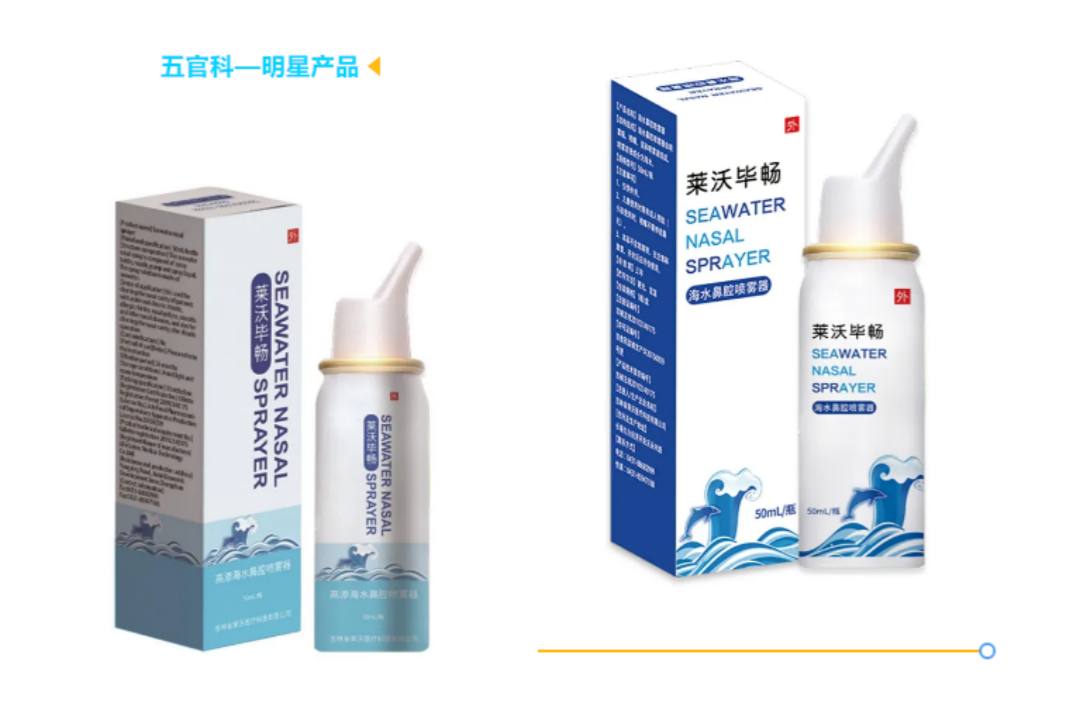
For reference only


